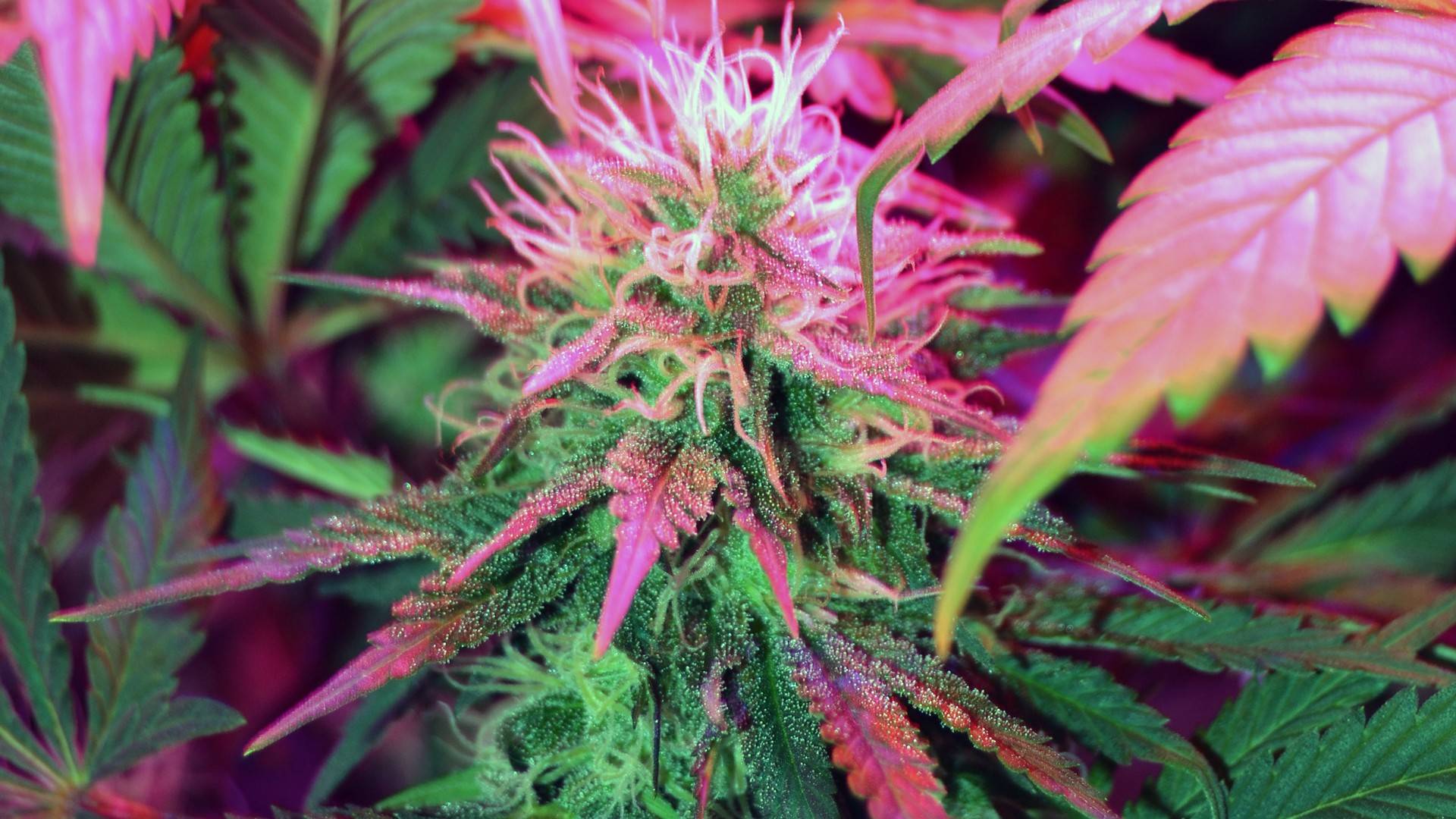One of the most widely spoken topics and debatable substances in the world
today is Marijuana or cannabis. It has been applied in medicinal, recreational, and spiritual applications since centuries but still has been causing controversies among the policy makers,
health practitioners and the society as well. Over the past years, the legal changes, scientific breakthroughs,
and transforming views of people have brought marijuana to the world center of interest. Some consider it a natural medicine that has so much potential whereas others caution of its health risks and social effects. This conflict between good and evil makes marijuana a topic, which can not be overlooked.
Components of marijuana
In its simplest form, marijuana is a derivative of cannabis,
a chemical compound with over 100 properties the most famous of which are tetrahydrocannabinol (THC) and cannabidiol (CBD).
It is the psychoactive nature of marijuana,
which is caused by THC, and CBD that is mostly non-intoxicating with potential therapeutic benefits which has garnered interest. This duality of these compounds is the reason why marijuana can be viewed as the curing medicine, and a possible hazard to health and safety at the same time. This complexity is something that individuals, families, and societies need to understand in order to make informed decisions on the use of it.
Perceptions of Cannabis
Nowadays marijuana has ceased being a secret or taboo topic. Nations all over the world are reconsidering their attitude towards cannabis, as some of them allow it to be used medically, whereas others, even, permit its recreational use. Simultaneously, there are still strict bans in numerous areas, which is based on the fears of addiction and exposure of youth and population health. The overlay of laws contributes to further complexity, particularly to policymakers and citizens working their way through the frequently confusing scope of marijuana regulation.
The Effects and Side Effects of Marijuana
Medical wise, marijuana has been promising in management of chronic pain, epilepsy and associated cancer treatments. The patients who did not receive relief using the conventional medicine may sometimes resort to the use of cannabis. Nonetheless, not every statement can be supported by serious scientific data, and scientists are still investigating the actual advantages and dangers. Conversely, the recreational legalization of marijuana has well documented dangers especially on the youth whose brains are still growing. There are problems with impaired memory, lacking attention span and the possibility of dependency that cannot be neglected.
The Message of Cannabis
Other than health, marijuana has tremendous social consequences. The emergence of an organized cannabis market in some nations has not only provided employment and tax income, but it has also inspired the idea of commercialization and accessibility to vulnerable groups. The questions under consideration include responsible use, safety of the workplace, and the cultural message in general, which legalization can convey.
Understanding Cannabis
This is an all inclusive resource to give a balanced, research-based discussion of marijuana, its history, composition, medical and recreational applications, health hazards, social influence, and legalistic view points globally. With both the positive and the negative, it is hoped that we will transcend myths and present the reader with the information that he or she requires to appreciate
